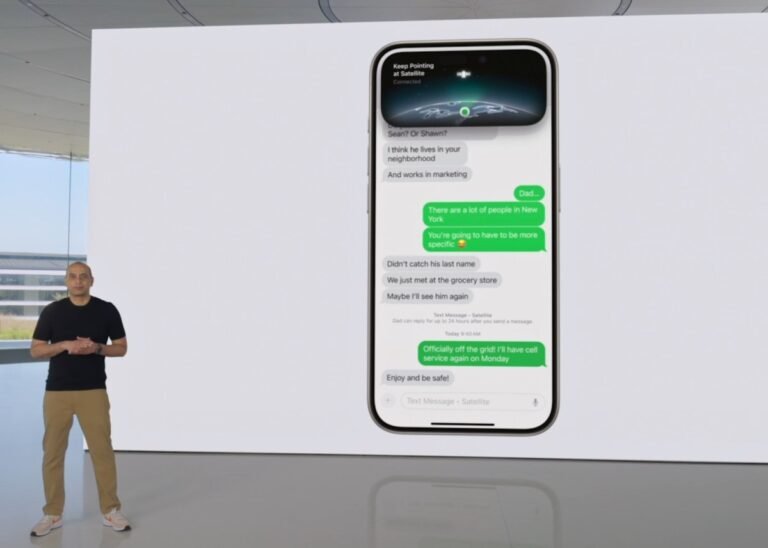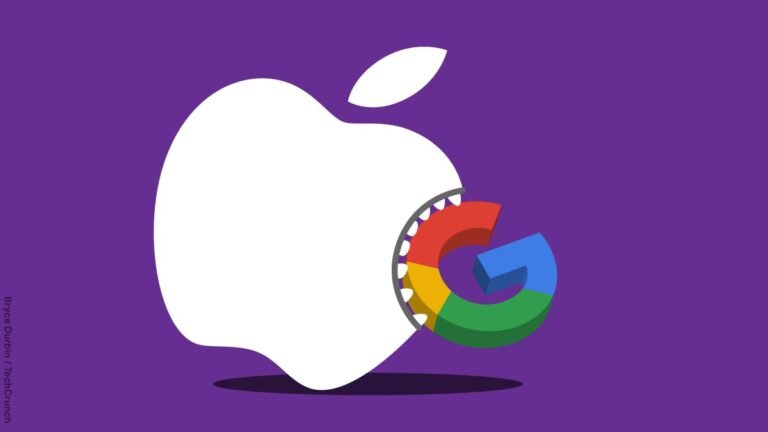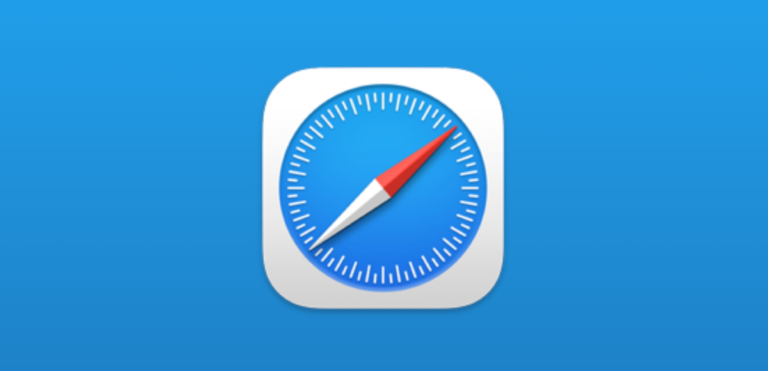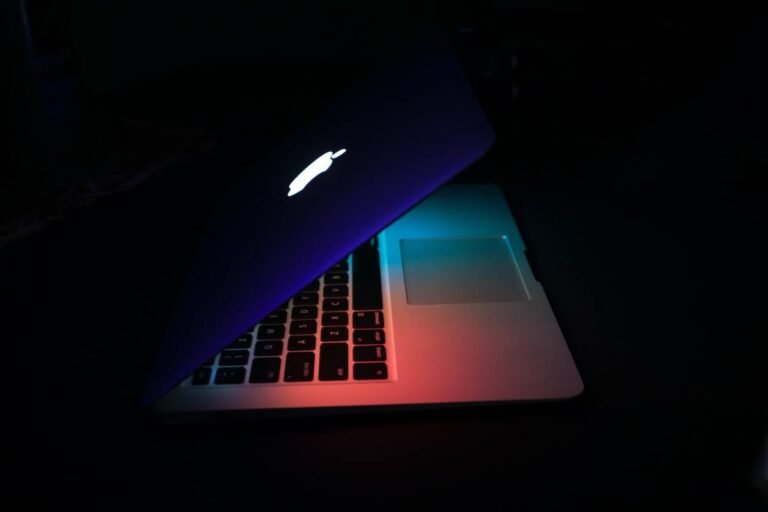
Apple’s emergency SOS feature has proven useful for a fair number of people whose cars break down (or tumble down) in areas with no signal.
Soon you’ll be able to use iMessage and SMS as well — though it’s not clear what the limitations on the service may be.
Announced at Apple’s WWDC 2024 keynote on Monday, “Messages via Satellite” works much like the SOS feature did.
When you have no signal — otherwise the phone will use that — you’ll be given the option to find a satellite to relay the data.
Apple did not say when the new feature will be available or whether it’s restricted to certain phones or plans.

Google hints that Apple is set to support RCS by this fallGoogle briefly showed a section on the new Google Messages page claiming that Apple is set to roll out Rich Communication Services (RCS) support for iPhones this fall.
This indicates that the iPhone maker is likely to extend RCS support in with the upcoming iOS 18 update.
“Apple has announced it will be adopting RCS in the fall of 2024.
Last November, Apple confirmed that it was working on adding support for RCS.
Google’s partial reveal about the RCS compatibility timeline for iPhones comes as the U.S. Department of Justice is starting a legal battle against Apple over the Cupertino-based company’s monopolistic practices.

Apple is looking to team up with Google for a mega-deal to leverage the Gemini AI model for features on iPhone, Bloomberg reported.
There is surmounting pressure on Apple to catch up with competitors in the AI field such as OpenAI, Microsoft, Anthropic, and even Google.
Later, Google CEO Sundar Pichai said that Gemini’s responses were “completely unacceptable”.
Earlier this year, the company partnered with Samsung to introduce Gemini-powered AI features on the Galaxy S24 series of devices.
We have reached out to Apple and Google for a comment, and we will update the story if we hear back from them.

Apple has reversed its decision about blocking web apps, also known as Progressive Web Apps (PWAs), on iPhones in the EU.
Last month, Apple reduced the functionality of PWAs as mere website shortcuts with the release of the second beta of iOS 17.4, as security researcher Tommy Mysk and Open Web Advocacy had first pointed out.
The company then updated its developer page saying that because of security risks like malicious web apps reading data from other web apps and accessing cameras, it decided to end support for home screen apps.
Apple also said that PWAs had “very low user adoption” so there might not be a lot of impact on users.
Separately, the Open Web Advocacy group published an open letter addressed to Tim Cook to lift the ban on web apps, which was signed by hundreds of organizations and individuals including Mastodon, internet advocate Cory Doctorowand Vercel CTO Malte Ubl.

Alaska Airlines Flight 1282: How could iPhones survive a 16,000-foot drop?
Now the impact force will be large (just like hitting the floor) and the impact area is very small.
Air resistance limits the maximum speed, so it’s not necessarily going any faster falling from 18,000 feet than 1,000 feet,” Wiens explained.
The gravitational force pulls down and there is also an upwards pushing air resistance force.
This air resistance increases in magnitude as the phone moves faster through the air.

Apple has released its first batch of rapid security patches to fix vulnerabilities that are under active exploitation or pose significant risks to its customers. With these patches, users can…









